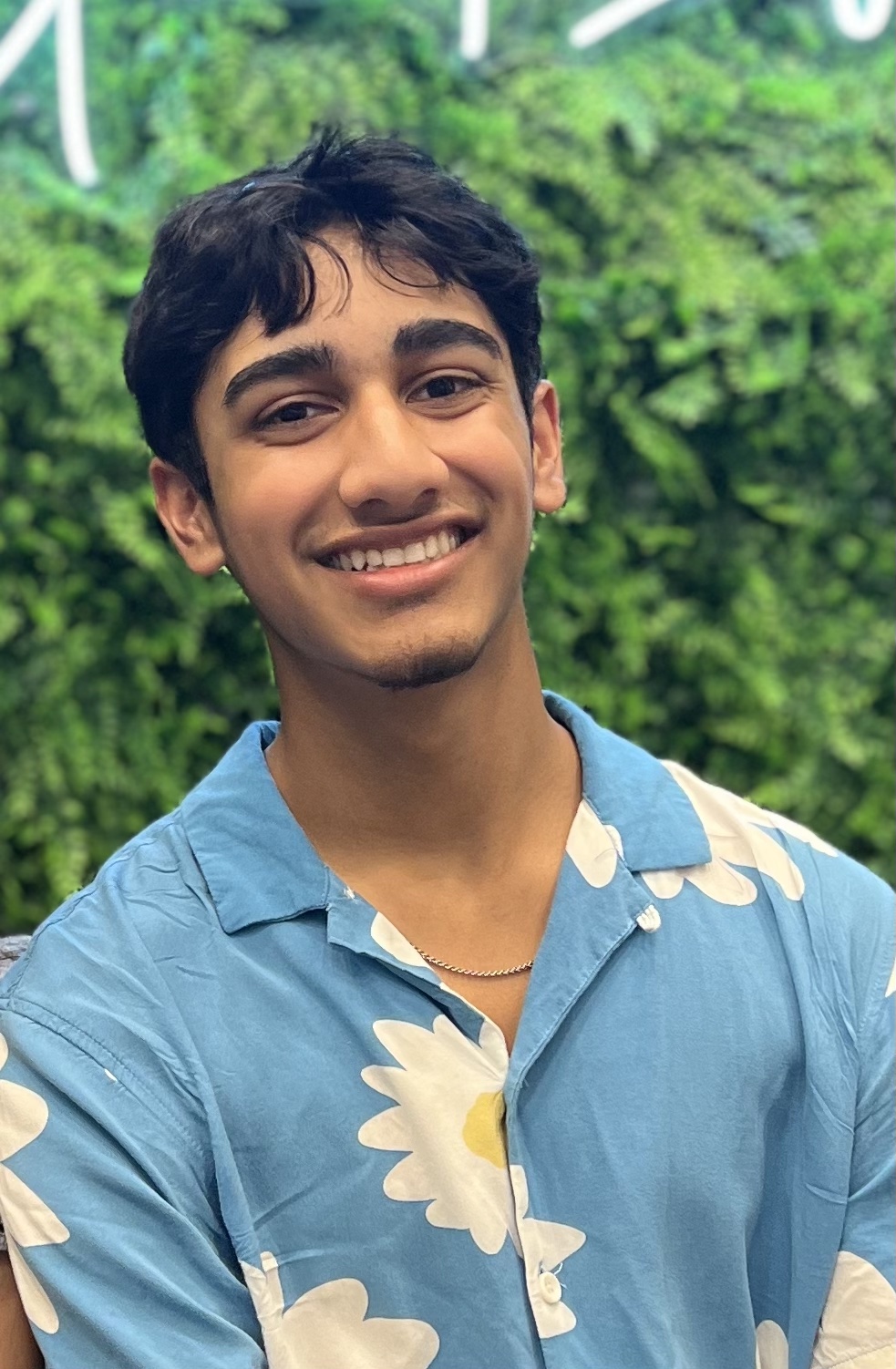ABOUT THE MILLENNIUM FELLOWSHIP - CLASS OF 2022
United Nations Academic Impact and MCN are proud to partner on the Millennium Fellowship. Over 31,000 young leaders on 2,400+ campuses across 140+ nations applied to join the Class of 2022. 200+ campuses worldwide (just 8%) were selected to host the 3,000+ Millennium Fellows.

UNITED NATIONS ACADEMIC IMPACT AND MCN PROUDLY PRESENT NAVIN DURBHAKULA, A MILLENNIUM FELLOW AND CAMPUS DIRECTOR FOR THE CLASS OF 2022.
Harvard University | Massachusetts, United States | Advancing SDG 3 & UNAI 9

" For me, life has always been more about the journey than the destination. I'm incredibly grateful that I've had the opportunity to pursue my passions and aspirations throughout my life. Yet, I've also applied this mindset to my health and wellbeing, which many people often overlook. By combining my passion for healthy lifestyles with my love for teaching, I hope to inspire the next generation of students who are interested in health and wellbeing and are ready to take the initiative to creating a healthier world. "
Millennium Fellowship Project: The EMN Project
The US healthcare system is failing us. Currently, chronic and fully-preventable diseases account for 7 out of 10 deaths and by far the most significant burden on healthcare spending in America. This is because our current healthcare system only addresses problems when they become problems rather than intervening early to prevent problems from arising in the first place. The EMN (Environment, Mindfulness, Nutrition) project is part of a broader mission to fundamentally restructure the way we approach health in the US. Many people are simply unaware of the fact that the environment we live in, the food we consume, and our mental health are all key risk factors in the development of illness. For those who do learn, it’s often too late: they might’ve already been diagnosed with a chronic condition or autoimmune disorder (like I was 6 years ago). So how do we fix this? Research shows that by the time you’re a young adult, a majority of your health outcomes are already predetermined. Thus, the EMN Project is an effort to educate young children on how to cultivate healthy habits early on and to carry these habits into adulthood, long before health outcomes become fixed. Specifically, we will develop a curriculum that teaches elementary students how to be more environmentally-conscious, practice mindfulness techniques, and improve their selection of nutritious food choices. We will then monitor progress and report on various health indicators to see if these lifestyle changes have had a positive impact on the mental and physical wellbeing of students. While the end goal is to make this an implementable curriculum that can be taught in classrooms, we'll start with an after-school program that is easy to execute within the 4-month timeframe and can serve as a model for expanding our program in the future. This curriculum will draw on the research of nutritionists, public health experts, neuroscientists, environmental scientists, etc. to create a comprehensive and precise database of information. We will also speak with various educators, clinicians, counselors, pediatricians, mindfulness instructors, gardeners, etc. to gain unique perspectives and techniques for enhancing our program. Finally, we will partner with various community entities such as the Chan School of Public Heath, Harvard Center for Wellness and Health Promotion, and the Blue Zones Project, which is implementing many of these changes at the community-level. As a student at Harvard, I've been able to form connections with various professionals in these spaces and receive guidance on how to implement this project. Furthermore, as a Wellness Educator at the Harvard Center for Wellness and Health Promotion, I'm able to launch a prototype version of the project at Harvard college, where I can implement many aspects of the curriculum and receive feedback from students. I believe that as young college students, we will be able to connect with other students, understand their struggles, and work together to improve their health and wellbeing.
About the Millennium Fellow
Navin Durbhakula is a sophomore at Harvard University who is keenly interested in the intersection of human health and planetary health. After recovering from an autoimmune disorder a few years ago, he became passionate about applying a multidimensional wellbeing framework to reduce disease burdens—using policies, institutional reform, and clinical methodologies. Through the Millennium Fellowship, he hopes to create a youth education program that helps children implement healthy lifestyle habits, which set the stage for happier and healthier lives!










